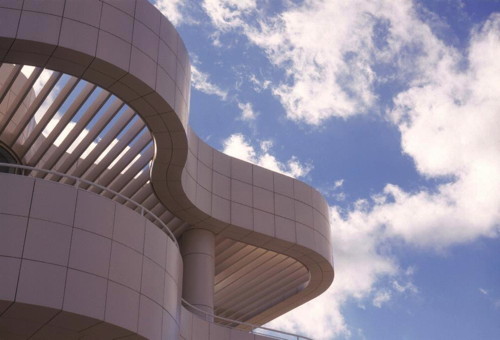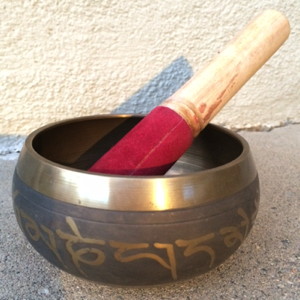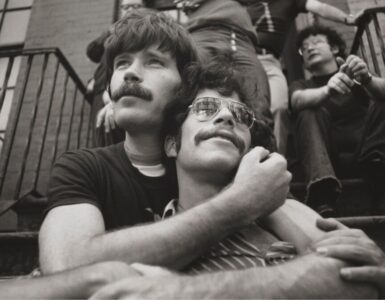
Many visitors to the Getty Center describe its buildings, the views and the experience as “zen,” helping achieve a meditative state of mind. “Zen” is yet another example of a Buddhist concept that has made its way into our common language and popular culture. But what has been the Buddhist religion’s journey overall?
Learn more at the upcoming lecture Buddhism in the World: The Norton Anthology of World Religions on Saturday, January 31, 2015, at 3 p.m. in the Museum Lecture Hall at the Getty Center. This event is free, but reservations are required. To make reservations, call 310 440-7300 or go here.
Editors Jack Miles and Donald Lopez discuss Buddhist sacred texts appearing in Norton Anthology of World Religions.
Over the course of more than two millennia, Buddhism developed a canon of sacred texts that is vast in scope, geographical origin, and linguistic variety. The largest selection of these scriptures ever to appear in English has just been published as part of the Norton Anthology of World Religions. In this presentation, Pulitzer Prize-winner and MacArthur Fellowship recipient Jack Miles, editor-in-chief of the Norton volumes, and Donald Lopez, editor of the Buddhism section, offer their reflections on how and why Buddhism developed into a religion of global scope and significance.
This free event complements the Getty’s ongoing engagement with the artistic legacy of Buddhist and Buddhist-inspired works, such as those found in the Museum’s photographs collection, the Getty Research Institute’s archives, and the Getty Conservation Institute’s wall painting conservation project at the Mogao Grottoes in China.

Buddhism in the World: The Norton Anthology of World Religions – Lecture.
Saturday, January 31, 2015, at 3 p.m. in the Museum Lecture Hall at the Getty Center.
1200 Getty Center Drive,
Los Angeles, California.
This event is free, but reservations are required. To make reservations, call 310 440-7300 or go here.
Additional information is available here.
The J. Paul Getty Trust is an international cultural and philanthropic institution devoted to the visual arts that includes the J. Paul Getty Museum, the Getty Research Institute, the Getty Conservation Institute, and the Getty Foundation. The J. Paul Getty Trust and Getty programs serve a varied audience from two locations: the Getty Center in Los Angeles and the Getty Villa in Malibu.
The J. Paul Getty Museum collects in seven distinct areas, including Greek and Roman antiquities, European paintings, drawings, manuscripts, sculpture and decorative arts, and photographs gathered internationally. The Museum’s mission is to make the collection meaningful and attractive to a broad audience by presenting and interpreting the works of art through educational programs, special exhibitions, publications, conservation, and research.
Visiting the Getty Center:
The Getty Center is open Tuesday through Friday and Sunday from 10 a.m. to 5:30 p.m., and Saturday from 10 a.m. to 9 p.m. It is closed Monday and most major holidays.
Admission to the Getty Center is always free. Parking is $15 per car, but reduced to $10 after 5 p.m. on Saturdays and for evening events throughout the week. No reservation is required for parking or general admission. Reservations are required for event seating and groups of 15 or more. Please call (310) 440-7300 (English or Spanish) for reservations and information. The TTY line for callers who are deaf or hearing impaired is (310) 440-7305.
Sign up for e-Getty here to receive free monthly highlights of events at the Getty Center and the Getty Villa via e-mail, or visit their official site for a complete calendar of public programs.




